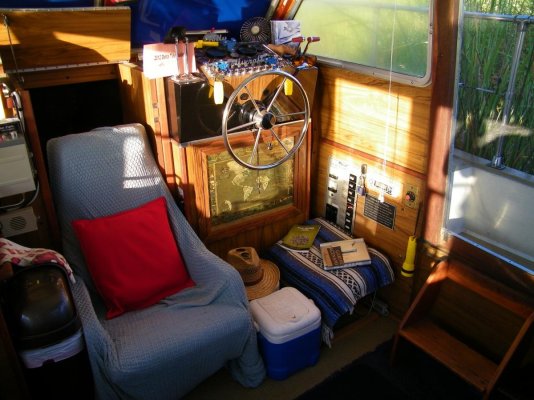Iknowimcrazy
Veteran Member
In my ongoing search for a quality Trawler/liveaboard/cruiser; There doesn't seem to be much consistency in generator sizes. I've seen everything from 3.5 KW to over 10KW on the same size vessels. It seems to me that AC and immersion type water heaters are the main power criminals. I've researched fuel burn for various size generators.
At approx. 75% load the fuel burn for:
8KW- .67 gph
7KW- .59 gph
6KW- .50 gph
5KW- .42 gph
4KW- .33 gph
3KW- .25 gph
Any real life experience with genny sizes and fuel burn costs would help me build my budget.
At approx. 75% load the fuel burn for:
8KW- .67 gph
7KW- .59 gph
6KW- .50 gph
5KW- .42 gph
4KW- .33 gph
3KW- .25 gph
Any real life experience with genny sizes and fuel burn costs would help me build my budget.




